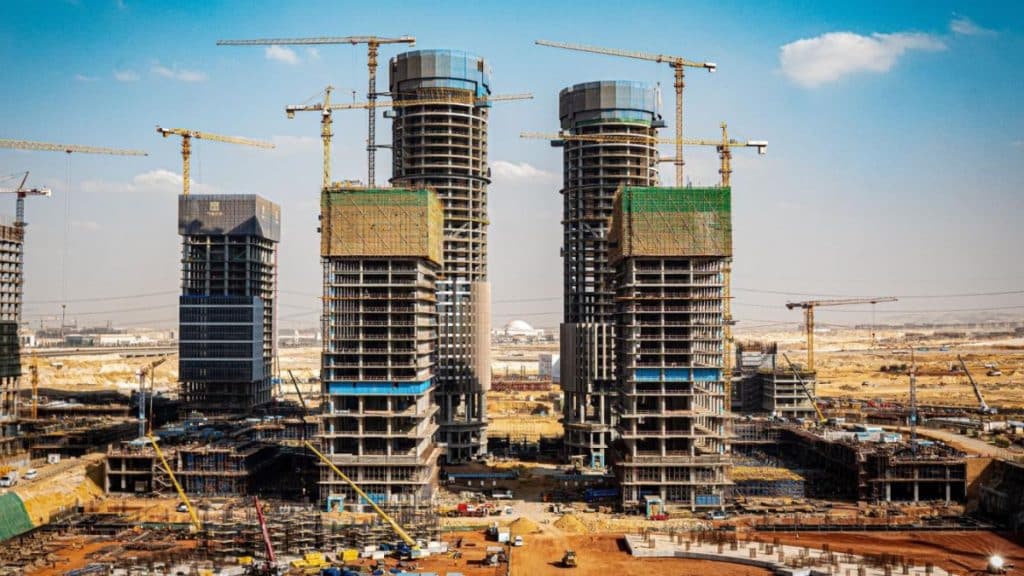A construction company handling a new project must consider how to manage costs, schedules, client expectations, their workforce, and surprises. It’s a huge task needing patience and dedication to get the desired result.
Before a construction project starts, you should understand the underlying purpose. If you can join in during the planning stages, you may influence or shape the project scope. Also, know who you want to keep informed of project activities. Have a list of relevant stakeholders you intend to update and maintain those relationships in a positive place as progress on the site is carried out.
If you’re a construction firm or project manager looking for away to manage a new construction project, here is your guide on what to prioritize among your many tasks.
Set Clear Milestones
As you create a schedule for a new construction project, set clear milestones for quality control and progress reports. Ensure each project phase is delivered optimally, safely, and preferably under budget.
Use Project Accounting Software
Construction accounting software allows you to oversee the financials of a project. Monitor cash flow, payroll, expenses, revenues, profitability, etc. Send invoices and track payments. Automate reports that you can then use to examine how well a project is coming along thoroughly.
Ban Yourself From Micro-Managing
Do not get too deep in on micro-managing every little thing on the project. Delegate to others and allow them the chance to act with your complete confidence. A construction project manager can quickly lose focus on the big picture when managing, addressing, or solving micro-tasks.
Correct Errors Quickly
Errors happen. Instead of laying blame for a mistake, work hard to correct it as soon as possible. Implement a solution and ensure the same error does not repeat.
Ensure Resources Are Available
You don’t want manpower at pause waiting for equipment, materials, tools, or resources to be delivered. Have this stuff on-site when you need it.
Monitor Progress Regularly
Monitoring a new project has to be an ongoing affair. A project manager should have up-to-date data on what’s happening and where work is. They should be able to answer any question posed by a client easily.
Prioritize Safety
Safety is a must. As efficient as you want your construction project to be, it can’t cut corners on safety. Ensure workers adhere to safety standards and that the project is being managed with safety as a priority.
Conduct Risk Assessments
Complete routine risk assessments to ensure daily construction activities are free of uncontrolled hazards. Comply with all health and safety standards. Provide personal protective equipment when there are unavoidable hazards identified. Use what you learn from risk assessments to inform safety meetings.
Maintain Open Communication
Ensure communication lines remain open with stakeholders who have invested in the project. Be honest and transparent about the project, submitting progress reports and documentation when appropriate or as needed.
Document Everything
Data is created all the time on a construction site. Document progress. Enter data into the construction project management software you’re using. Track your work to be utilized in reports, analyses, and any official updates or documentation relating to the project.
Manage Cost Overruns
When costs or expenses are above where you expect them to be in a given area, to keep a project under budget, look for other ways to cut costs. An alternative strategy is to have a buffer with the additional budget you can pull from if certain expenses are higher than expected.
Implement Quality Control
Ensure standards are being met with proper quality control procedures. These procedures should be completed before the client has a chance to inspect.
Hire Strong Managers
A new construction project needs multiple team leads and managers to monitor every nook and cranny. Hire the right managers that you trust to be put in place to delegate and collaborate with.
Build Effective Teams
You’re only as good as who you hire. Take the time to hire and develop your team members. Teach them new skills, including leadership. As they grow and become more confident, so will your construction company.
Don’t Deliver Bad News Without A Solution
Bad news, such as delays, safety incidents, or unexpected problems, will come. Be conscious of how you deliver bad news to key stakeholders. Always share bad news in a way that also presents potential solutions. Carefully craft what you say and how much you say, and emphasize the solution.
Learn and Improve
You may make mistakes in how you manage a construction project. Accept accountability for your errors, learn from them, and improve. As a company, it is your responsibility to interpret the mistakes as learning opportunities and to learn from them rather than deny them or attempt to put the blame elsewhere.
